Is It Cheaper to Make Espresso at Home Compared to High-End Coffee Shops?
When considering whether to brew espresso at home or indulge in high-end coffee shops, the cost is often a major factor. This article will explore various aspects that influence the overall expense of making espresso at home versus purchasing it from premium establishments.
Initial Investment in Equipment
One of the first things to consider is the initial investment in equipment necessary for home espresso making. High-quality espresso machines can range significantly in price. While high-end coffee shops have expensive, professional-grade machines, home equipment can also be costly. However, there are budget-friendly options that still produce decent espresso. In the long run, the equipment cost can be spread over many cups of coffee, making it more economical over time.
Cost of Ingredients
The primary ingredients for espresso are coffee beans and water. High-end coffee shops often charge a premium price for their specialty blends. Conversely, buying coffee beans for home use can be more affordable, especially when purchasing in bulk. Additionally, by experimenting with different types of beans, home brewers can find budget-friendly options that still yield a satisfying cup of espresso.
Frequency of Consumption
How often an individual drinks espresso plays a significant role in determining cost-effectiveness. For those who enjoy multiple cups a day, the savings from brewing at home can accumulate quickly. In contrast, occasional visitors to high-end coffee shops may find that the convenience and experience justify the cost. Tracking consumption habits can help individuals make informed decisions about where to brew their espresso.
Quality of the Brew
Quality is often cited as a reason to frequent high-end coffee shops. These establishments typically use premium beans and expert baristas who have honed their craft. However, with practice, individuals can improve their home brewing skills and achieve a quality level that rivals coffee shop beverages. Investing time in learning the art of espresso making can lead to significant savings while enjoying a high-quality drink.
Customization and Variety
High-end coffee shops offer a variety of drinks and customization options that are difficult to replicate at home. However, making espresso at home allows for personal experimentation with flavors, milk types, and syrups. This flexibility can enhance the espresso experience without the high price tag associated with specialty drinks from coffee shops. Home brewers can create unique recipes tailored to their tastes.
Time Factor
Time is another crucial factor when considering whether to make espresso at home. Brewing espresso can be a time-consuming process, particularly for those unfamiliar with the technique. High-end coffee shops provide quick service, which may appeal to busy individuals. For those willing to invest time in their morning routine, home brewing can become a rewarding practice that adds value beyond just the financial aspect.
Social Experience
Visiting high-end coffee shops often provides a social experience that is hard to replicate at home. Coffee shops serve as community hubs where people gather, work, or meet friends. This social aspect can justify the higher cost for some individuals. In contrast, brewing at home is typically a solitary experience, which may not appeal to everyone. Evaluating the value of social interactions can influence the decision-making process.
Long-Term Financial Considerations
In the long run, consistently brewing espresso at home is likely to be more cost-effective than frequent visits to high-end coffee shops. Although the upfront costs may seem daunting, the savings over time can be significant. Individuals should calculate their potential savings based on their consumption habits to see the financial benefits clearly.
Environmental Impact
Another angle to consider is the environmental impact of coffee consumption. High-end coffee shops often use single-use cups and other disposable items that contribute to environmental waste. By making espresso at home, individuals can reduce their carbon footprint and contribute to sustainability efforts. This aspect may not have direct financial implications but can be an important factor for environmentally-conscious consumers.
Conclusion
Ultimately, whether it is cheaper to make espresso at home compared to high-end coffee shops depends on various factors, including initial investment, frequency of consumption, and personal preferences. By weighing these elements, individuals can make informed decisions that align with their financial goals and lifestyle choices. For many, the prospect of enjoying high-quality espresso at home can lead to substantial savings and a satisfying experience.
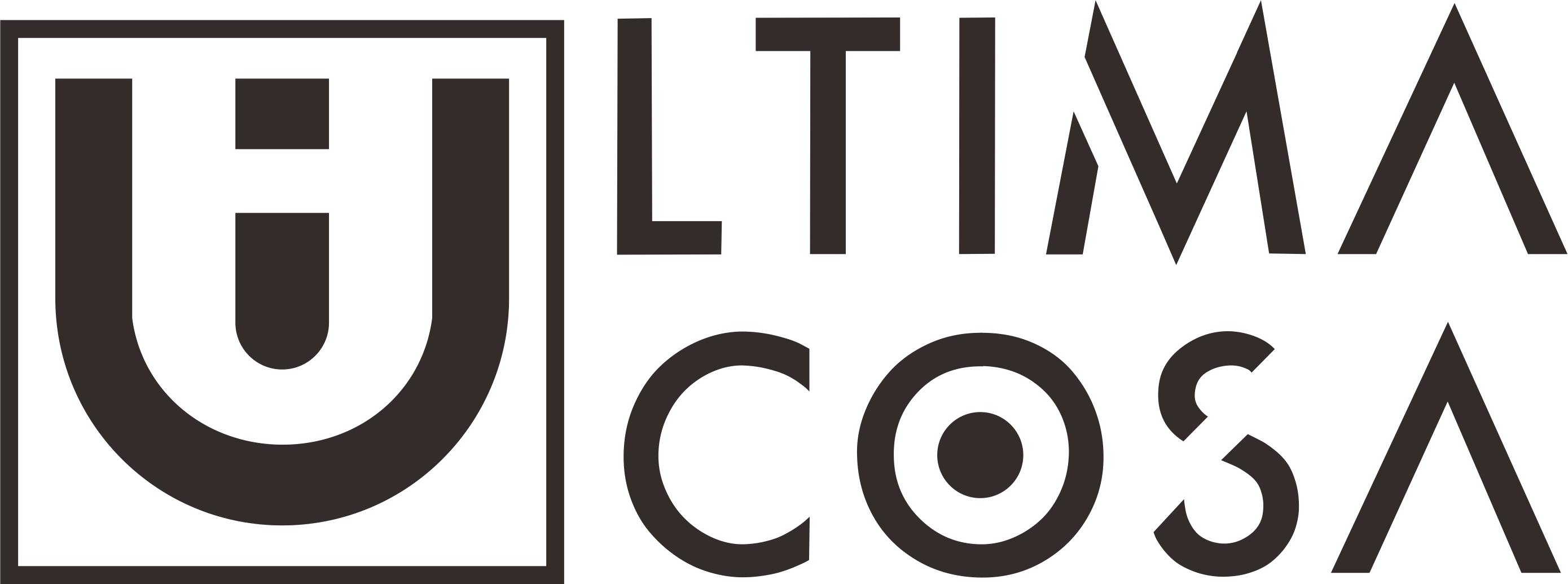


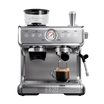
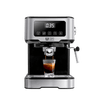
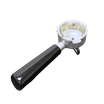

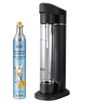
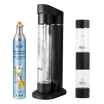
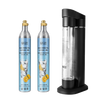
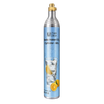
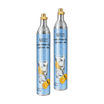
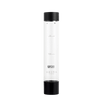

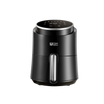





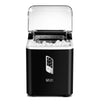

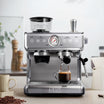
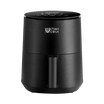


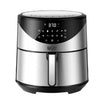

















Leave a comment
This site is protected by hCaptcha and the hCaptcha Privacy Policy and Terms of Service apply.